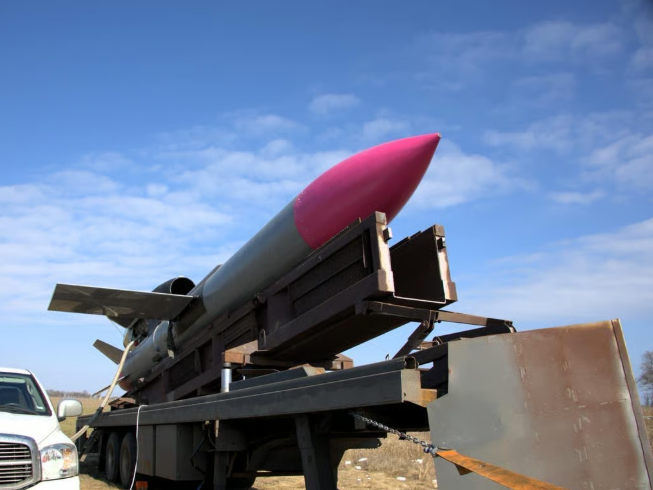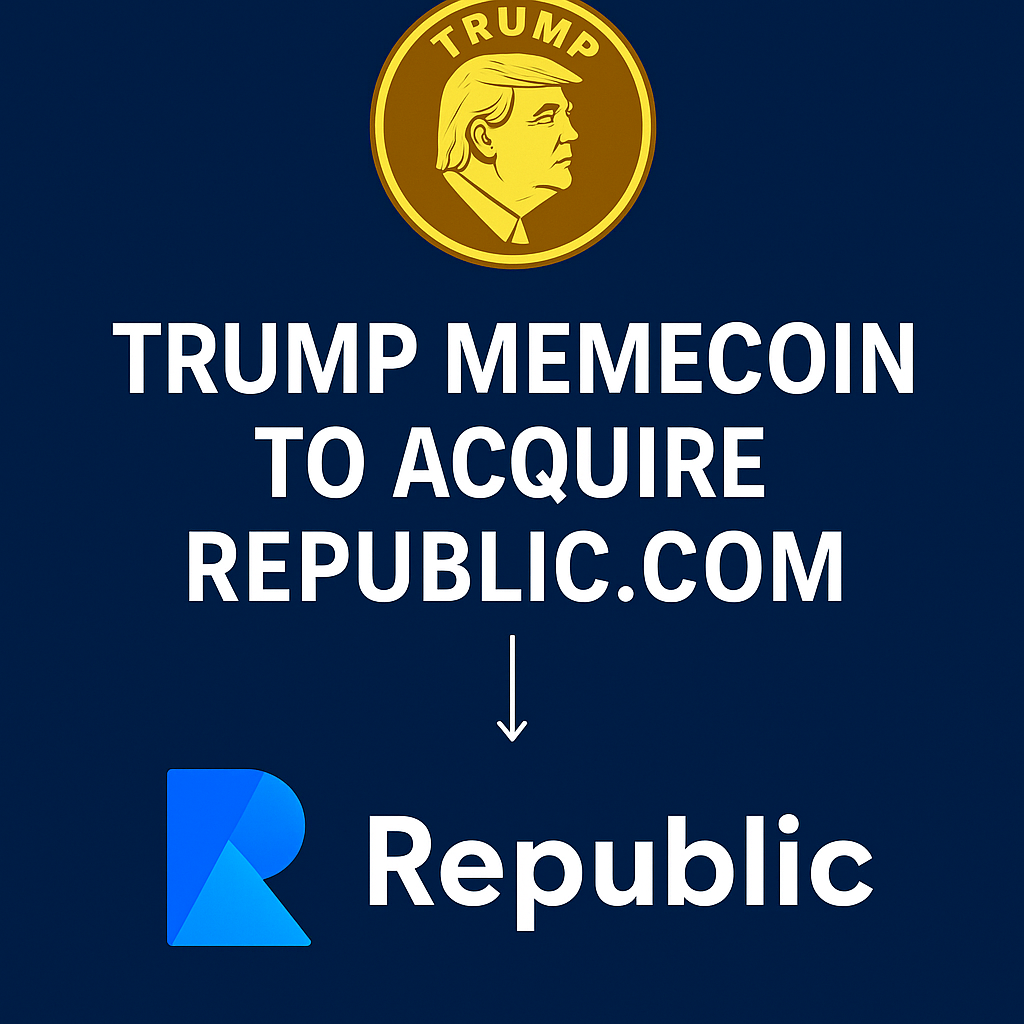A volunteer initiative in the Czech Republic, Dárek pro Putina (English: “Gift for Putin”), has grabbed headlines by raising around €500,000+ (~US$520,000) in fewer than 48 hours to fund the purchase of a Ukrainian long-range missile, identified as the FP‑5 Flamingo (or “Flamingo”) built by Ukrainian firm Fire Point.
The fundraiser is tightly linked to the ongoing conflict between Ukraine and Russia; the weapon in question is claimed to have a range of up to 3,000 km, which would theoretically allow strikes deep into Russia, including Moscow.
Here’s a breakdown of the key facts, and three major regulatory / fundraising-oversight questions that this case raises for crowdfunding professionals.
Key Facts & Context
On 21 October 2025, the “Gift for Putin” campaign launched publicly, aiming to collect CZK 12.5 million (€500k) to buy one Flamingo missile, to be handed over to the Armed Forces of Ukraine.
48 hours later, the target had been reached with more than 8,000 donors who reportedly contributed. Some sources place the figure at CZK 13.3 million (€550k).
The missile is being named DANA 1 in honor of the late Czech nuclear-safety chief Dana Drábová, who died on 6 October. Organizers say she supported Ukraine and this naming is a symbolic tribute.
The initiative “Gift for Putin” is not new: previous campaigns by the group reportedly financed a tank, a helicopter and other military hardware for Ukraine.
The missile model: according to open-source data, the FP-5 Flamingo has a stated range of ~3,000 km, speed around 900 km/h, and a warhead capacity of up to ~1,150 kg.
Why This Matters for Crowdfunding Oversight
- Cross-Border Fundraising & Weapons Finance Risk
Crowdfunding campaigns typically focus on consumer products, creative projects or early-stage investments. Here we see a “grey zone”: an initiative raising money publicly to procure military equipment for a foreign state (Ukraine).
From a regulatory and compliance perspective this raises red flags: Are donors aware of potential export / arms control implications? How is the fundraiser governed? Does the campaign comply with Czech law, EU sanctions regimes, and international arms-export controls? Platforms hosting such fundraisers may face reputational and legal risks.
- Transparency, Accountability & Use of Funds
While the campaign claims that once the funds are paid the missile will be handed over to Ukrainian armed forces, there remain questions such as: Who oversees the transfer? What assurances do donors have about how the weapon will be used? Are there independent audits or verification of delivery and usage? For crowdfunding especially in complex/regulatory-intensive domains, the standard for transparency must be high.
- Platform Responsibility & Donor Protection
When donors contribute to campaigns of this type, there are elevated risks: asset seizure, sanctions enforcement, money-laundering, reputational backlash. Crowdfunding platforms and intermediaries must exercise due diligence. They should verify the legal status of the campaign organiser, the beneficiary, the intended transaction, and any export/licensing implications. Failure to do so could expose platforms to regulatory enforcement or reputational damage.
Implications for the Wider Fundraising Ecosystem
Precedent setting: This is a high-visibility example of “cause-driven” crowdfunding pushing into military/strategic domain. It may inspire similar campaigns. The question: Should crowdfunding regulators treat such campaigns more like defense-finance than charity or consumer-product fundraising?
Regulatory convergence: Countries may need to update crowdfunding regulations to explicitly address arms-related crowdfunding, export-control liability, and cross-border flows of funds for military use.
Donor behaviour: The campaign’s success (reaching target in ~48 hrs) suggests strong donor motivation when framed emotionally (“gift for Putin”) and strategically (weapon donation). Crowdfunding professionals should recognise how narrative framing alone can drive rapid influx – but must match that with stronger governance and controls.
Platform risk management: Platforms hosting or promoting campaigns of this nature must develop robust KYC/AML, sanctions-screening, arms-control-screening protocols, and transparent donor-disclosure frameworks. Ignoring these risks may undermine trust in the crowdfunding ecosystem.
The Czech “Gift for Putin” campaign is both a striking example of crowdfunding’s power and a cautionary tale for oversight. It highlights how quickly public donor capital can be mobilised when narrative, urgency and geopolitical framing align — but also underscores how crowdfunding platforms and regulators may not yet be fully prepared for “weaponised” fundraising.
For the CF Watchdog community, this is a reminder: as crowdfunding continues to evolve, so must our frameworks for transparency, legality and donor protection. The line between legitimate public-cause fundraising and high-risk strategic finance is blurring, and vigilance is essential.



